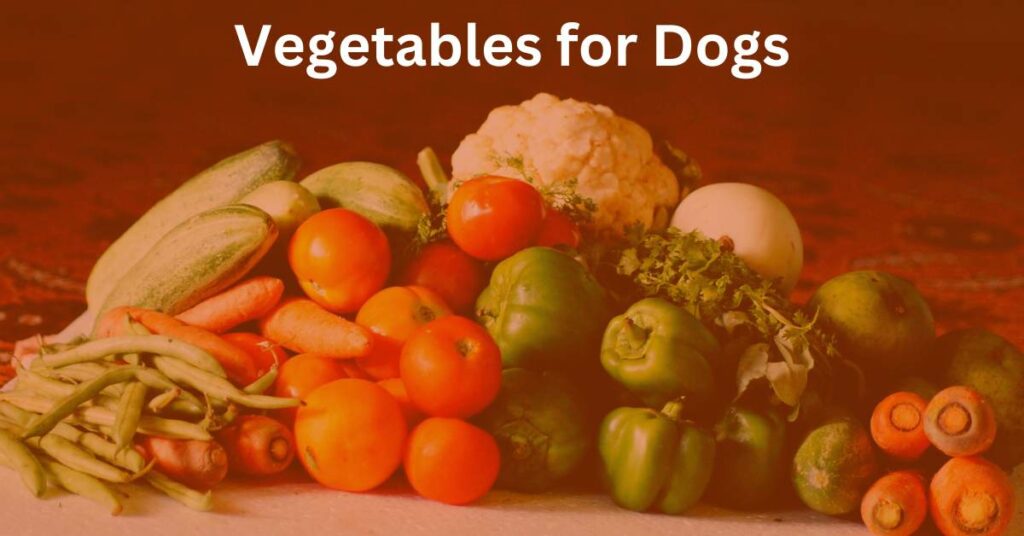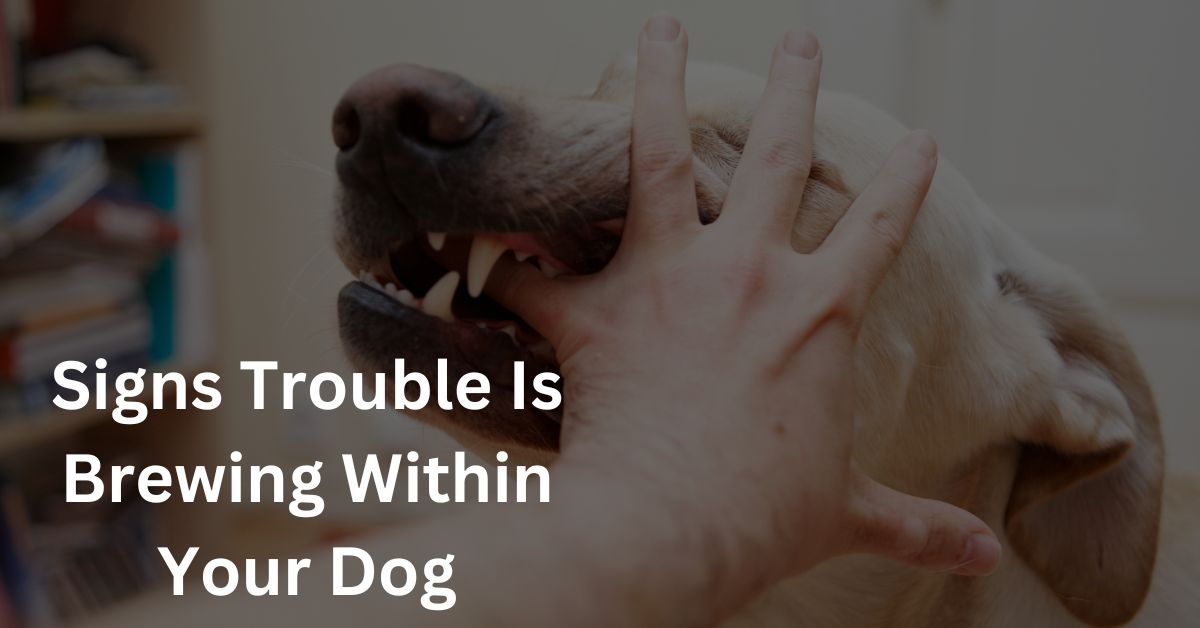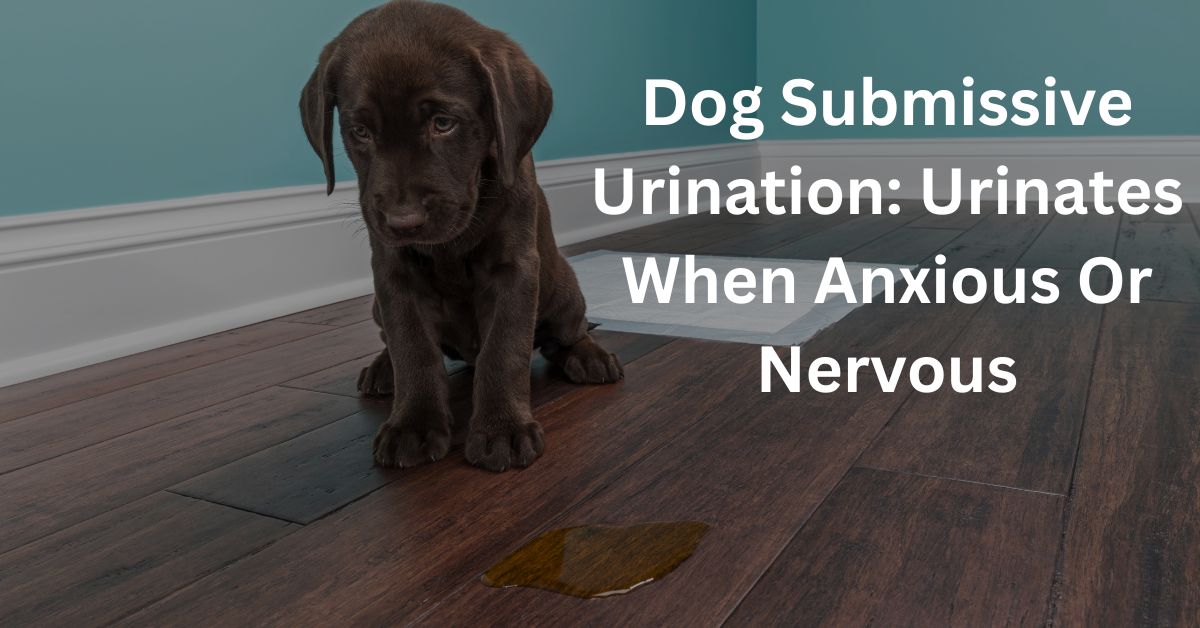Are you wondering if beetroot is a safe and nutritious addition to your canine companion’s diet? You might be surprised that this vibrant root vegetable is non-toxic for dogs and packed with beneficial nutrients like fiber, vitamins, and minerals.
Beetroot can be fed to dogs in small amounts as an occasional treat. Rich in vitamins and minerals, it offers health benefits. Monitor for adverse reactions and consult your vet before adding it to your dog’s diet.
This article will guide you through the dos and don’ts of serving beetroot to dogs – from its health benefits and potential risks to preparation tips.

Can Dogs Eat Beetroot?
Dogs can eat beetroot, providing them with nutritional benefits, but it is best as a healthy treat or a food topper.
Nutritional benefits of beetroot for dogs
Beetroot is full of nutritional benefits for dogs. It contains fiber, vitamins, and minerals. These can help a dog stay healthy. The beetroot is not toxic to dogs. They can eat it safely. It also gives them vitamin C, folate, and iron.
All these nutrients help your dog to be fit and healthy. Beetroot also carries a lot of vitamin C, fiber, manganese, and potassium! Dogs gaining weight is not a worry with beetroot as it is low in fat and calories.
Be aware that your dog’s urine may come out pink or red after eating beetroot for 24-48 hours. Generally, this is nothing to worry about; however, you should get your dog checked out if its urine is still pink or red after 48 hours of eating beetroot.
Risks of feeding beetroot to dogs
Canned beets are a big risk as they often have salt and harmful extras added. These additives can be toxic for dogs, making canned beets a bad choice. Another danger is Oxalates in beets, which may form kidney stones or calcium deficiencies in some dogs.
Always feed your dog small amounts of beetroot, cooked or raw, but too much is not good for them.
How to Prepare Beetroot for Dogs
To prepare beetroot for your dog, start by choosing fresh beetroots. Next, wash the beetroots thoroughly to remove any dirt or debris. Serve the beetroot in smaller pieces to make it easier for your dog to chew and digest.
Avoid adding seasonings or spices to the beetroot, as they can harm dogs. Lastly, remember to feed the beetroot in moderation as part of a balanced diet for your furry friend.
Choosing organic beetroots
Organic beetroots are the best choice for your dog. They are grown without the use of chemicals or pesticides. These natural beetroots provide more nutrients to your dog.
By picking organic, you show that you want only high-quality and clean food for your furry friend.
Washing the beetroots
To prepare beetroot for your dog, it is essential to wash them thoroughly. This step ensures that the beetroots are clean and free from any dirt or pesticides that could be harmful to your dog.
By washing the beetroots before cooking or serving them, you can ensure that your furry friend enjoys a hygienic meal.
Serving beetroot in smaller pieces
Beetroot can be a healthy treat for dogs if served in smaller pieces. Chopping the beetroot into smaller, bite-sized pieces makes it easier for dogs to eat and digest. This also reduces the risk of choking or any digestive discomfort.
By serving beetroot in smaller portions, you can ensure your dog gets all the nutritional benefits without any potential risks. So, whenever you give your dog some beetroot, chop it into small, dog-friendly pieces!
Avoiding seasonings
Avoid adding seasonings, oils, salts, sugar, or spices when preparing beetroot for dogs. These additives can harm a dog’s health and may cause adverse effects.
Instead, opt for plain and unseasoned beetroot free from additives. This ensures that your dog can enjoy the nutritional benefits of beetroot without any risks. Whether you serve the beetroot raw or roasted, make sure to keep it seasoning-free to promote your dog’s well-being.
Feeding beetroot in moderation
It’s important to feed beetroot to dogs in moderation. While beets can provide nutritional benefits for dogs, excessive consumption can lead to obesity, elevated blood sugar levels, and dental problems.
It’s best to consult with a veterinarian before introducing beetroot into your dog’s diet, and make sure to serve it in smaller portions. This way, your furry friend can enjoy the benefits of beetroot without any adverse side effects.

Other Vegetable Dogs Can Eat
Safe vegetables for dogs to eat include:
- Carrots
- Broccoli
- Kale
- Green beans
- Pumpkin
Frequently Asked Questions
Is it safe for dogs to eat beetroot?
Yes, in moderation, beetroot is safe for dogs to eat as it provides essential nutrients and antioxidants.
Can beetroot be harmful to dogs?
While beetroot is generally safe for dogs, excessive consumption can cause digestive upset or diarrhea. It’s best to introduce small amounts gradually and observe your dog’s reaction.
How should I prepare beetroot for my dog?
Beetroot can be fed to dogs, either cooked or raw, but raw beetroot should be shredded or pureed for easier digestion. Make sure to wash the vegetable thoroughly before feeding it to your dog.
Are there any benefits of feeding beetroot to dogs?
Feeding beetroot in moderation can provide dogs with vitamins A and C, fiber, and minerals like potassium and manganese. It may also promote healthy blood circulation and support their immune system.
Final Thoughts
Beetroot can be a healthy addition to a dog’s diet if appropriately prepared and fed in moderation, providing them with essential nutrients like fiber, vitamins, and minerals.
Beetroot is an excellent vegetable that can benefit a dog’s overall health when included in its diet correctly. It provides essential nutrients and promotes good digestive, skin, and coat health.
Before You Go
If you would like to discover which other vegetables your dog can eat, you will find these articles helpful.




Leave a Reply